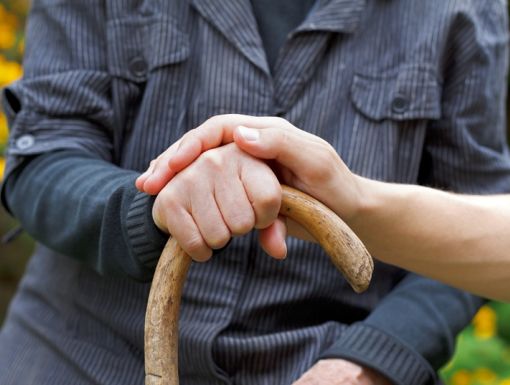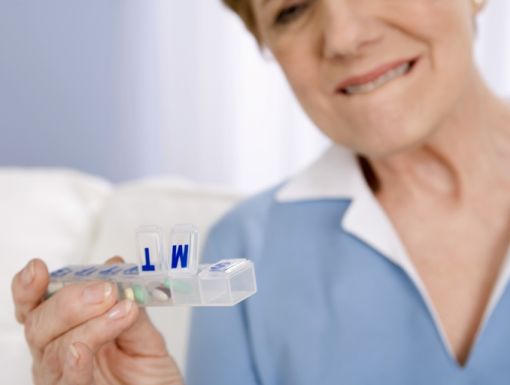
Huntington's Disease: Causes and Caretaking
Huntington's disease is a condition where the cells in specific areas of the brain are gradually destroyed over time. It is a rare inherited, progressive disorder with complications affecting movements, mood and memory. Roughly 30,000 Americans live with Huntington’s disease, which is caused by an inherited defect in a single gene. While everyone possesses the gene, which is responsible for the disease, the quality which allows the disease to expand is inherited and passed along from generation to generation. Thus, the child of a person with Huntington's disease has a 50% chance of inheriting the gene that causes Huntington’s disease. There is currently no cure.
Today, more than 200,000 people are at risk of inheriting Huntington’s disease. This disease usually affects patients in the prime of their lives, between the ages of 30-50, and the impact on the family can be immense. As with other movement disorders, the stages of the disease get progressively more debilitating over time, with specific symptoms including:
- Rapid, jerky movements
- Unsteady gaits
- Difficulties with speech, swallowing, balance, and walking
- Loss of mental abilities and memory; confusion and inability to concentrate
- Emotional changes: mood swings, irritability, depression, anxiety, anger, or social withdrawal
- Hallucinations
- Weight loss
Patients suffering from Huntington’s disease need specialized care, especially in the later stages of the illness. A multitude of treatments requires a team of experts to help with medication management, lowering the possibility of dangerous falls, as well as coping on an emotional level.
Many patients benefit from an interdisciplinary team of specialized experts including:
- Neurology
- Neuropsychology
- Physical therapy
- Occupational therapy
- Speech therapy,
- Nutritional support
- Social work
- Genetics counseling and research
- Palliative medicine and supportive care
When Huntington’s disease begins to progress, the patient’s functional abilities will gradually begin to decrease over time. While each case can progress differently, the average lifespan for a patient diagnosed with Huntington’s disease is between 15-20 years.
Caring for a patient with Huntington’s disease can be time-consuming, and physically and emotionally laborious. Symptoms manifest themselves on three fronts: physically, cognitively, and psychologically which presents myriad challenges for family and extended support networks. Burnout and fatigue are not unusual for caregivers who are looking after a patient with a serious neurological disorder like Huntington’s disease. Caregivers should remain mindful of their own health and seek balance and support in addition to performing their caregiving duties.
The Latest Technology & Award-Winning Quality Care. Learn about the specialties and treatments we offer at the Ochsner Neuroscience Institute.
While Huntington’s isn’t currently curable, there is care available for those affected. The first and only Huntington's Disease Society of America (HDSA) Center of Excellence in Louisiana is part of the Ochsner Neuroscience Institute. This center is one of only 50 national HDSA Centers of Excellence in the United States.


